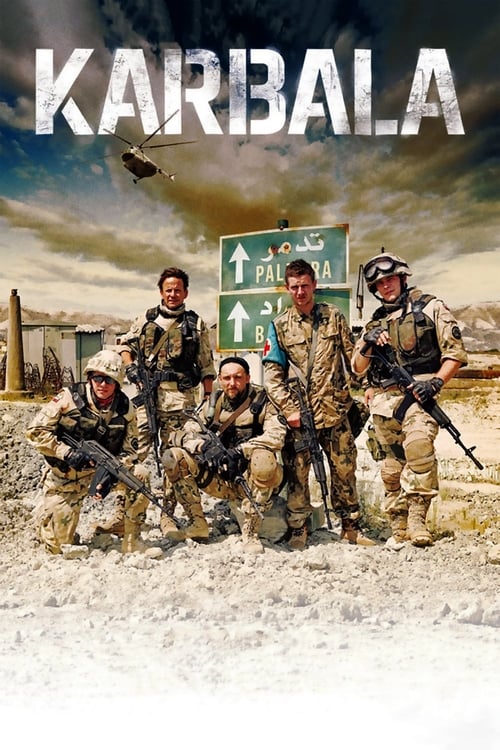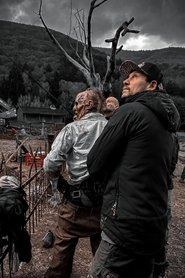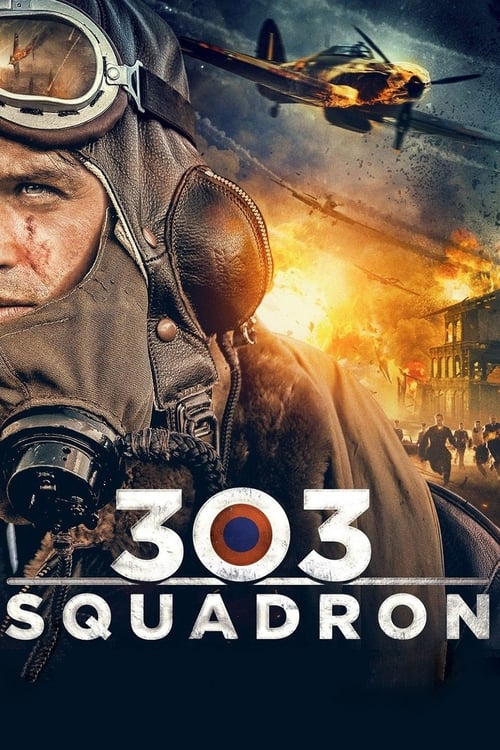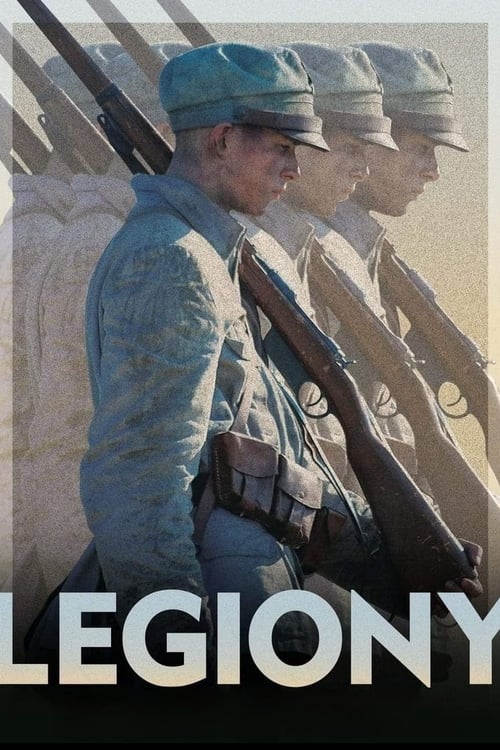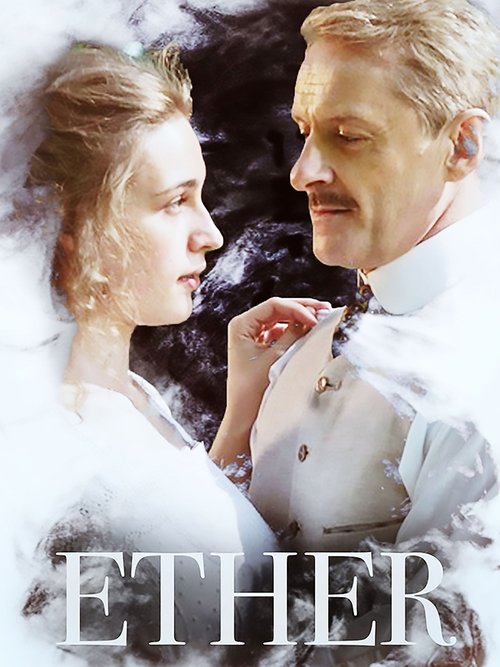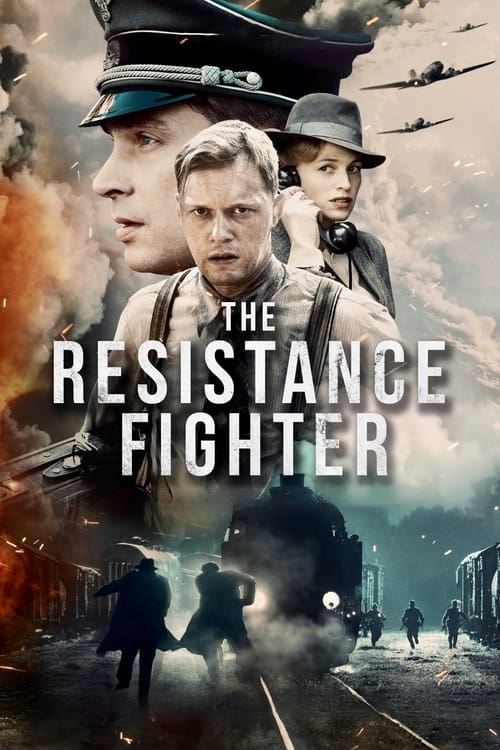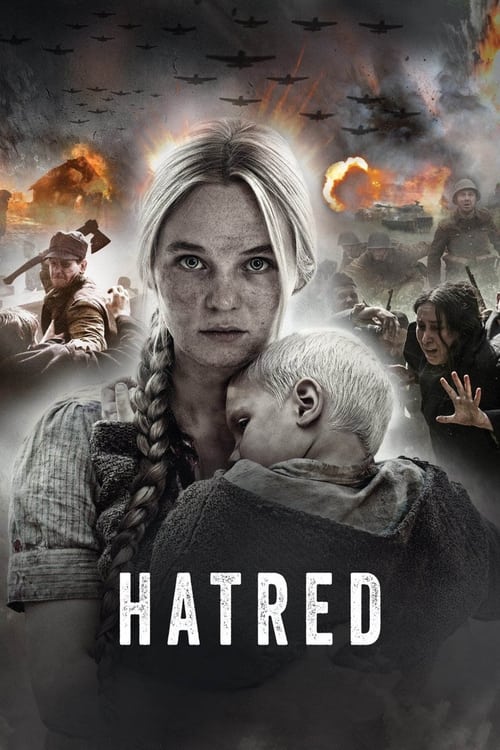
Ask Your Own Question
What is the plot?
What is the ending?
In the ending of the movie "Karbala," the battle reaches its climax as the forces of Yazid confront the followers of Imam Hussein. Despite their bravery and determination, Imam Hussein and his companions face overwhelming odds. The film concludes with the tragic deaths of many key characters, including Imam Hussein, who stands resolute until the end, embodying the principles of sacrifice and justice.
As the sun sets over the battlefield of Karbala, the air is thick with tension and the cries of the wounded. The scene opens with Imam Hussein, surrounded by his loyal companions, preparing for the inevitable confrontation with Yazid's forces. The atmosphere is heavy with a sense of foreboding, yet there is a palpable strength in Hussein's resolve. He speaks to his followers, reminding them of their purpose and the righteousness of their cause. His voice is steady, but his eyes betray the weight of the impending sacrifice.
The camera shifts to the opposing camp, where Yazid's soldiers are gathering, their faces hardened by the promise of battle. The contrast between the two sides is stark; Hussein's followers are few but filled with conviction, while Yazid's army is vast and relentless. As the two forces prepare to clash, the tension escalates, and the sound of war drums fills the air.
The battle begins with a fierce charge from Yazid's forces. The screen is filled with chaos as swords clash and arrows fly. Imam Hussein fights valiantly, his movements a blend of grace and desperation. Each strike he delivers is not just a fight for survival but a stand against tyranny. His companions, including the brave Abbas, fight alongside him, their loyalty unwavering even in the face of certain death.
As the battle rages on, the film captures the emotional turmoil of the characters. Abbas, known for his strength and bravery, fights fiercely but is ultimately overwhelmed. In a heart-wrenching moment, he is struck down, and the camera lingers on Hussein's face, a mixture of grief and determination. The loss of Abbas is a pivotal moment, deepening the emotional stakes for Hussein and his remaining followers.
The fight continues, and one by one, Hussein's companions fall. The film does not shy away from the brutality of the conflict; the visuals are stark, with blood-soaked ground and the cries of the dying echoing in the background. Each death is portrayed with a sense of tragedy, emphasizing the nobility of their sacrifice. Hussein remains steadfast, refusing to yield, even as he faces the overwhelming numbers of Yazid's army.
In the final moments, Imam Hussein stands alone, surrounded by the bodies of his fallen companions. The camera captures his resolve as he raises his sword, a symbol of defiance against oppression. Despite the odds, he fights until the very end, embodying the spirit of martyrdom. The screen fades to black as he is ultimately struck down, leaving a haunting silence that resonates with the weight of his sacrifice.
The film concludes with a poignant reminder of the legacy of Imam Hussein and the principles he stood for. The final scenes depict the aftermath of the battle, with the surviving members of Yazid's army reflecting on the cost of their victory. The emotional weight of the ending lingers, highlighting the themes of sacrifice, justice, and the enduring impact of Hussein's stand against tyranny. The fate of each character is sealed in the annals of history, their sacrifices immortalized in the hearts of those who remember the tragedy of Karbala.
Is there a post-credit scene?
The movie "Karbala," produced in 2015, does not feature a post-credit scene. The film concludes its narrative without any additional scenes or content after the credits roll. The focus remains on the intense and emotional portrayal of the events surrounding the Battle of Karbala, emphasizing the sacrifices made by the characters and the historical significance of the moment. The ending leaves viewers with a sense of reflection on the themes of bravery, faith, and martyrdom that permeate the film.
What motivates the character of Imam Hussein in the film Karbala?
Imam Hussein is driven by a profound sense of justice and a commitment to uphold the principles of Islam. His internal struggle is depicted through his unwavering resolve to stand against tyranny and oppression, particularly against the corrupt rule of Yazid. This motivation is deeply rooted in his desire to protect the faith and the legacy of his grandfather, the Prophet Muhammad.
How does the character of Yazid portray the themes of power and corruption in Karbala?
Yazid is depicted as a tyrannical ruler whose thirst for power leads him to commit heinous acts against those who oppose him. His character embodies the moral decay that comes with absolute power, showcasing his willingness to manipulate and deceive to maintain control. The film illustrates his internal conflict as he grapples with the consequences of his actions, ultimately revealing a man consumed by ambition and fear.
What role do the companions of Imam Hussein play in the events of Karbala?
The companions of Imam Hussein are portrayed as loyal and courageous individuals who stand by him in the face of overwhelming odds. Each character brings their own motivations and backgrounds, showcasing their commitment to the cause. Their emotional states range from fear to unwavering loyalty, and their sacrifices highlight the themes of brotherhood and martyrdom, culminating in their tragic fates during the battle.
How does the film depict the relationship between Imam Hussein and his family members?
The film emphasizes the deep familial bonds between Imam Hussein and his family, particularly with his brother Abbas and his son Ali. Their interactions are filled with love, respect, and a shared sense of purpose. The emotional weight of their relationships is palpable, especially as they face the impending tragedy of the battle, showcasing their determination to protect one another and uphold their values.
What are the key moments that lead to the battle of Karbala in the film?
Key moments leading to the battle include the refusal of Imam Hussein to pledge allegiance to Yazid, which sets the stage for conflict. The film depicts the increasing pressure from Yazid's forces, the gathering of supporters around Imam Hussein, and the emotional farewells between him and his family. These moments build tension and foreshadow the inevitable confrontation, highlighting the stakes involved for both sides.
Is this family friendly?
The movie "Karbala," produced in 2015, depicts the historical events surrounding the Battle of Karbala, which is a significant and tragic moment in Islamic history. While the film aims to convey the themes of sacrifice, bravery, and faith, it contains several elements that may be considered objectionable or upsetting for children or sensitive viewers.
-
Violence and Battle Scenes: The film includes intense battle sequences that portray the brutality of war, featuring sword fights, bloodshed, and the deaths of key characters. These scenes may be graphic and distressing.
-
Death and Mourning: The emotional weight of loss is a central theme, with characters experiencing profound grief over the deaths of loved ones. This portrayal of mourning may be heavy for younger audiences.
-
Religious Themes: The film delves into deep religious and historical themes that may be complex for children to understand. The significance of martyrdom and sacrifice may require a mature perspective.
-
Emotional Turmoil: Characters display a range of intense emotions, including despair, anger, and hopelessness, which may be overwhelming for sensitive viewers.
-
Historical Context: The film addresses themes of oppression and injustice, which may evoke strong feelings and require a level of understanding of the historical context that younger viewers may lack.
Overall, while "Karbala" is a poignant retelling of a significant historical event, its content may not be suitable for all audiences, particularly children or those who are sensitive to themes of violence and loss.

